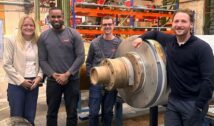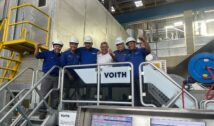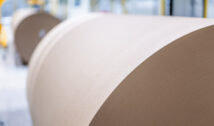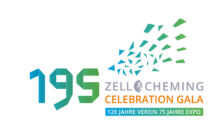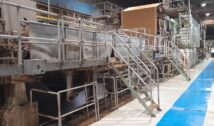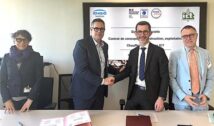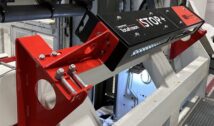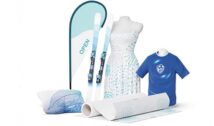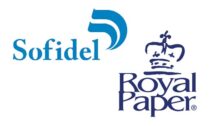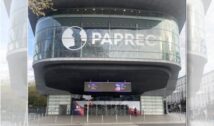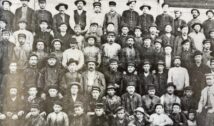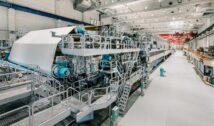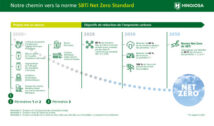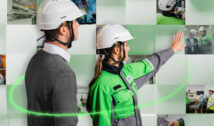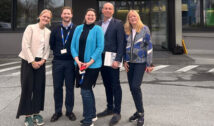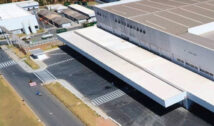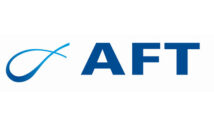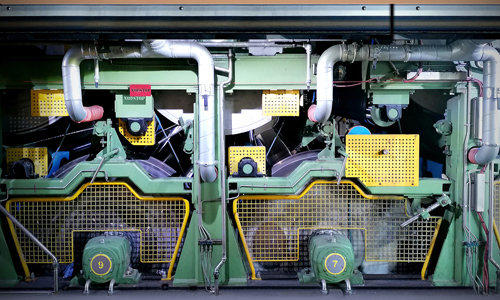
Skjern Paper is Denmark’s only paper mill. Founded in 1965, it is situated in Skjern, West Jutland.
Since 2005, the ownership majority has been held by Buur Invest A/S, a Danish privately-owned investment company. The mill’s current annual capacity is 75,000 tonnes, including a range of products – coreboard, grey and blueliner, greyboard and sheets – produced from 100% recycled fibres. Skjern Paper is strongly export-oriented, with over 90% of its production sold to packaging and paper businesses in Europe.
In the third quarter of 2019, Toscotec carried out a complete rebuild of its PM1 dryer section, delivering 19 TT SteelDryers. The scope of supply was on a turnkey basis, including dismantling operations, erection, commissioning and start-up.
In this interview, Kurt Larsen, Project Engineer at Skjern Paper, shares his views on the main aspects of the rebuild and his overall evaluation.
In 2019, Skjern Paper selected Toscotec to rebuild its PM1. Why did you decide to make this investment? And why did you choose Toscotec?
The main driver for the investment was the need to increase our dryer capacity. PM1 started producing at Skjern in 1967, but it was a second-hand machine, and some of its cast iron dryers dated back to the mid-1940s, some even all the way back to 1927! In order to overcome our drying capacity limits, we decided to install steel cylinders of bigger diameter, operating at a much higher steam pressure (10 barg), new frame and drives that could reach a higher speed. Toscotec’s new dryer section can achieve 800 m/min, which is double the maximum speed we had before.
Secondly, we chose steel dryers against cast iron, because of their higher heat transfer efficiency and better safety. In terms of safety, steel cans are definitely a much better choice.
Among the suppliers we evaluated, Toscotec proved to have the most substantial experience in the design, manufacturing, operation and maintenance of steel dryers. TT SteelDryers have an incredible number of references around the world and they are manufactured internally by Toscotec. This meant we could have one single supplier for the whole dryer section, which solves the problem of grey zones in-between different manufacturers, which would save us a lot of headaches in the end. Skjern considered this aspect a great added value.
Focusing on the rebuild itself, was the project delivered on schedule? How do you evaluate its overall management?
The project was completed on schedule. Other prospective suppliers had foreseen a much longer shutdown period, but Toscotec implemented the whole rebuild within a shutdown period of only 11 days, including dismantling the old equipment and erection of the new dryer section and hood. This timeline was key for us, because bringing the production to a complete stop makes it tough for us to be the flexible supplier we want to be.
Overall, the project management was very well executed. We had committed and competent people at our disposal, and we got all the support we needed on time.
What have you achieved with this rebuild?
First of all, we have registered a production increase of more than 11% so far, but we expect to achieve even more after removing the bottlenecks we still have in the wet-end and press section. Secondly, the rebuild lifted the speed limit we had, allowing us to increase the machine speed, particularly for lower grammages.
What can you tell us about the erection, commissioning and start-up? The erection was very efficient. We were working 24/7 under safe conditions, without any injuries. Start-up went very smoothly, with a delay of only one day, which was not caused by Toscotec. We are very satisfied with the onsite implementation of the rebuild.
How would you describe the cooperation with Toscotec?
We had very good cooperation with Toscotec. They were attentive to our needs and committed to meet them in the best possible way. If during the erection we had an extra job for them to do or they needed something from us, we helped each other, so that the work was flowing really well. They proved to be very flexible and cooperative. For example, they lent out several people for a few days to help finish up some pipe work. They were working with us towards a shared objective and did not back out when we needed extra help. This is very important to a small mill such as ours, because we have limited resources and therefore we appreciate a supplier who is prepared to go the extra mile to get the job done.



